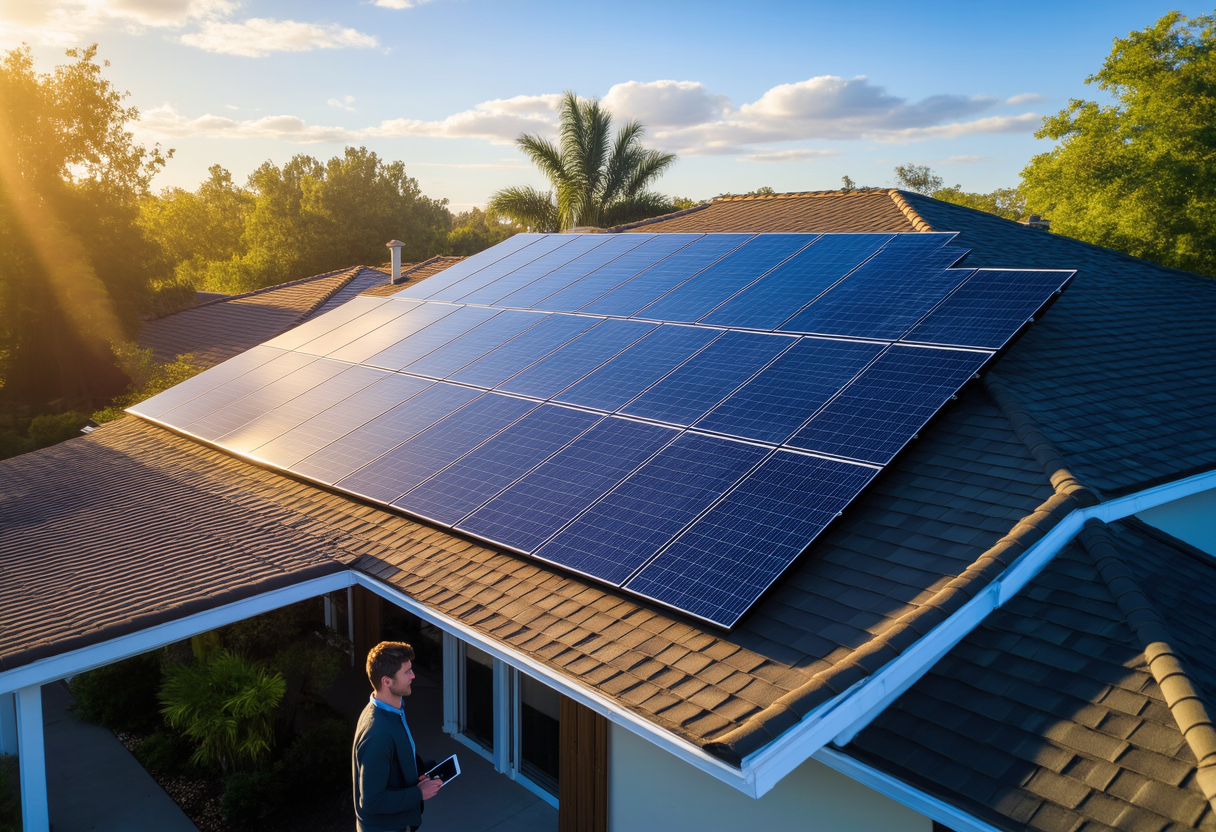Exploring the Myths and Realities of Solar Panels
Navigating the world of solar panels can be challenging, given the abundance of information and misinformation surrounding them. This article uncovers the common myths associated with solar panels and replaces them with factual realities. By delving into perceptions about efficiency, cost, and installation, we aim to present a clear picture of what solar panels can and cannot do. Understanding these truths will empower consumers to make informed decisions about their energy needs and contribute to a more sustainable future.
Common Myths Surrounding Solar Panels
One of the most widespread myths about Solar Panels is that they are not efficient in cloudy or rainy conditions. Contrary to this belief, solar panels can still generate significant energy even in less-than-ideal weather. The efficiency of solar technology has improved greatly, allowing for energy collection that is effective in various weather conditions. Another prevalent misconception is the belief that solar panels are prohibitively expensive. While upfront costs can be high, the long-term savings on energy bills and the availability of financing options make solar energy solutions more attainable than many realize. Furthermore, some individuals think that solar panels require extensive maintenance or are fragile, when in fact, the durability of modern solar panels is designed to endure harsh conditions.
The Realities of Solar Panel Efficiency
The efficiency of Solar Panels has evolved significantly over the years. Advances in technology have resulted in higher energy conversion rates and better overall performance. Many modern solar panels have efficiency rates exceeding 20%, allowing homeowners to generate sufficient energy to meet their everyday needs. Additionally, complementary systems, such as battery storage, are enhancing the value of solar energy by providing access to stored energy during peak consumption times. Understanding these realities empowers consumers to set realistic expectations about what solar panels can achieve.
Cost Considerations for Solar Panel Installation
Cost remains a substantial factor in solar panel adoption. However, it is essential to consider the full scope of costs, including potential savings and incentives. Initial installation costs can vary based on system size, location, and available rebates. Moreover, various financing options, including solar loans and leases, make solar panels increasingly accessible. Consumers should also factor in the longevity of solar panels and how lower bills and incentives will provide financial returns over their lifespan. By examining these cost considerations, potential users can make informed decisions regarding their investment.
Installing Solar Panels: What to Expect
The installation process for Solar Panels is more straightforward than many assume. Reputable solar companies provide comprehensive assessments and customized solutions that streamline the installation experience. Additionally, most installations can be completed within a single day, minimizing disruption to the homeowner. It is also vital to understand any local regulations and permitting processes, as these can vary significantly. Engaging with a professional installer helps ensure that the process runs smoothly. Understanding what to expect during installation enables consumers to prepare accordingly and reduces anxiety associated with new technology.
Addressing the Maintenance Myth
Many believe that Solar Panels require constant monitoring and expensive maintenance. In reality, most solar energy systems are designed for durability and require minimal upkeep. Routine cleaning and periodic checks are all that is necessary to ensure optimal performance. Moreover, most manufacturers offer warranties that cover defects and performance for numerous years. By demystifying the maintenance requirements, prospective buyers can approach solar energy with confidence, knowing that it is a manageable and sustainable solution.
Conclusion: The Path Forward with Solar Panels
In conclusion, exploring the myths and realities surrounding Solar Panels provides much-needed clarity to consumers. By dispelling common misconceptions, individuals can appreciate the true potential of solar energy to meet their energy needs sustainably. Understanding the efficiency, cost-contributions, and installation processes allows for more informed decisions, ultimately benefiting both consumers and the environment. As solar technology continues to advance, embracing this renewable energy source can lead to a brighter, more sustainable future.
